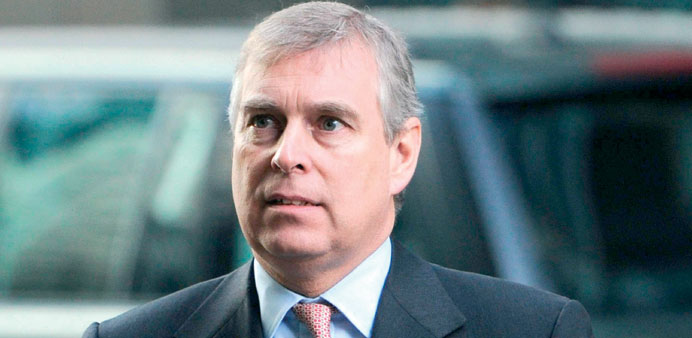|
|
After more than 350 years of largely happy association with assorted royalty the UK’s pre-eminent scientific institution, the Royal Society, faces unprecedented dissent from members after Prince Andrew was elected to become a fellow of the organisation.
While the objections to Andrew centre specifically on his slightly chequered career as a royal, a small number among the 1,450 or so Royal Society fellowship are asking the wider question of whether it is time for an institution based on science to end the practice of honouring people on the basis of heredity.
The controversy has been fuelled by the way Andrew was elected to be a royal fellow, a status he shares with Princes Philip, Charles and William, Princess Anne and the Duke of Kent, while the Queen is the organisation’s patron.
The ballots sent out to ordinary fellows provided only one box to tick, supporting the measure.
Those opposed had to write “no” themselves or otherwise mark or spoil the paper.
The Royal Society, set up in 1660 under the encouragement of Charles II, announced Andrew’s election as a royal fellow on Friday, alongside the elevation of several dozen distinguished scientists and engineers to become scientific fellows, with the author Bill Bryson made an honorary fellow.
The dissent emerged later that day on the personal blog of David Colquhoun, professor of pharmacology at University College London and a Royal Society fellow since 1985.
Colquhoun wrote that he was worried about controversies such as the 2007 deal which saw the son-in-law of Kazakhstan’s president buy Andrew’s Surrey mansion for £3mn more than its asking price, and the prince’s friendship with Jeffrey Epstein, an American financier jailed for soliciting a minor for prostitution.
The cumulative bad publicity saw Andrew step down as a UK trade envoy in 2011.
Colquhoun said that the prince, officially titled the Duke of York, was “an unsavoury character” who should not be associated with the Royal Society.
He said the organisation should consider getting rid of the royal fellow category altogether.
“I think it’s an outdated concept,” he said. “It was understandable that when the Royal Society was set up, there was no democracy and no constitutional monarchy, you needed royal support, especially if you were doing something that seemed at the time a bit revolutionary. But it just doesn’t seem to be appropriate in the 21st century.”
Colquhoun has been publicly supported by a handful of other fellows.

